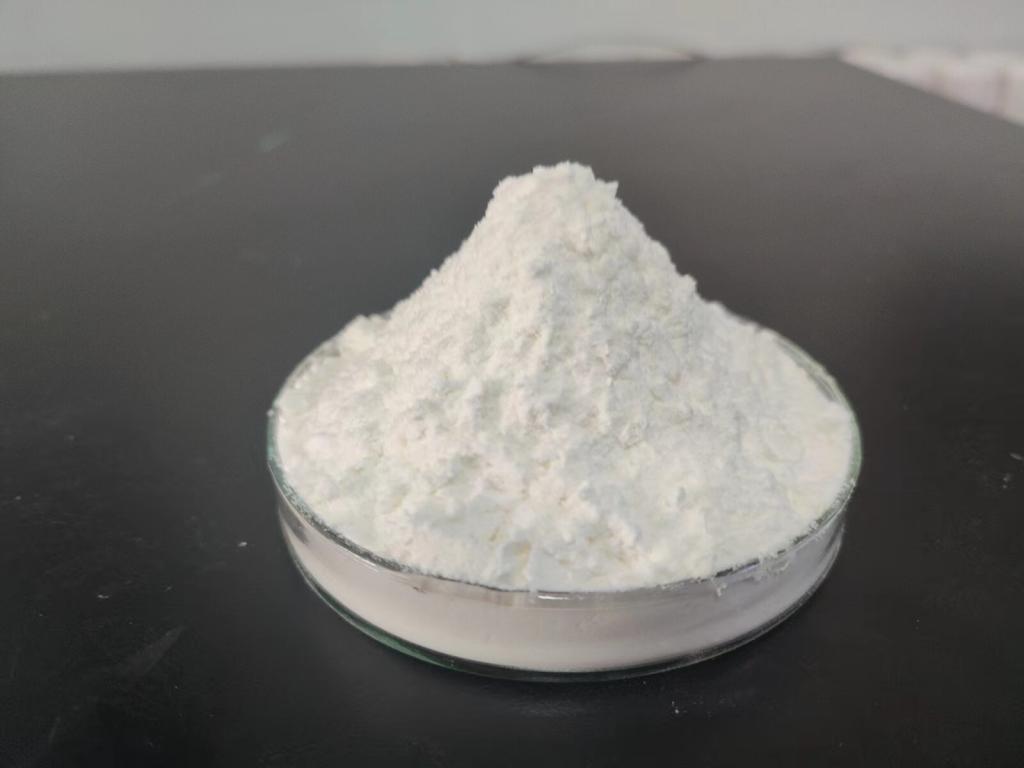Tel:+8618231198596

News
 CONTACT
CONTACT
 CONTACT
CONTACT
- Linkman:Linda Yao
- Tel: +8618231198596
- Email:linda.yao@dcpharma.cn
- Linkman:CHARLES.WANG
- Department:Overseas
- Tel: 0086 0311-85537378 0086 0311-85539701
News
Current Position:
Home >
News
>ε-Polylysine hydrochloride's role in reducing the need for artificial preservatives.
ε-Polylysine hydrochloride's role in reducing the need for artificial preservatives.
TIME:2023-08-18
1. Introduction:
Carbonated beverages have gained immense popularity across the globe due to their refreshing taste and ubiquity. Nevertheless, the inclusion of artificial preservatives in these beverages has led to health concerns and consumer demands for cleaner label products. ε-Polylysine hydrochloride, a natural antimicrobial peptide derived from Streptomyces albulus, has emerged as a potential solution to address this issue. This article delves into the properties and applications of ε-Polylysine hydrochloride and its ability to enhance the safety and quality of carbonated beverages.
2. Properties and Mechanisms of ε-Polylysine Hydrochloride:
ε-Polylysine hydrochloride is a polypeptide composed of multiple lysine amino acids, exhibiting strong antimicrobial properties. Its cationic nature allows it to interact with the negatively charged bacterial cell membranes, disrupting their structure and integrity. This mechanism leads to cell lysis and inhibits the growth of a wide spectrum of microorganisms, including bacteria, yeast, and molds. Unlike traditional preservatives, ε-Polylysine hydrochloride acts through a physical mode of action, reducing the likelihood of microbial resistance.
3. Preservation Potential in Carbonated Beverages:
The effervescent nature of carbonated beverages poses unique challenges for preservation. The acidity, carbonation, and sugar content create an environment conducive to microbial growth. ε-Polylysine hydrochloride, with its pH stability and effectiveness across a range of temperatures, presents a promising solution. Its solubility in water simplifies its incorporation into beverage formulations, ensuring uniform distribution throughout the product. Furthermore, the lack of discernible taste or odor makes it an attractive option for maintaining the sensory attributes of carbonated beverages.
4. Safety and Regulatory Considerations:
Consumer demand for natural and clean label products has prompted regulatory agencies to scrutinize the use of synthetic preservatives. ε-Polylysine hydrochloride is generally recognized as safe (GRAS) by regulatory authorities, making it a viable alternative to artificial preservatives. Its biodegradability and minimal environmental impact further contribute to its appeal as a sustainable preservation solution.
5. Flavor and Quality Retention:
Preservatives can inadvertently alter the flavor profile of beverages, leading to consumer dissatisfaction. ε-Polylysine hydrochloride's non-interference with taste, aroma, and color attributes of carbonated beverages ensures that their sensory qualities remain uncompromised. This property is instrumental in maintaining consumer acceptance and loyalty.
6. Extending Shelf Life and Reducing Waste:
One of the primary objectives of preservatives is to extend the shelf life of products and minimize food waste. ε-Polylysine hydrochloride's ability to inhibit microbial growth can lead to longer shelf lives for carbonated beverages without compromising safety or quality. This extension can contribute to reduced production waste and inventory losses.
7. Future Directions and Challenges:
While ε-Polylysine hydrochloride shows immense promise, its successful integration into carbonated beverages necessitates further research and development. Factors such as optimal dosage, compatibility with various beverage formulations, and cost-effectiveness require thorough investigation. Collaborative efforts among researchers, beverage manufacturers, and regulatory bodies will be essential to fully realize the potential of ε-Polylysine hydrochloride as a preservative in carbonated beverages.
8. Conclusion:
ε-Polylysine hydrochloride emerges as a natural and effective alternative to artificial preservatives in carbonated beverages. Its antimicrobial properties, compatibility with beverage formulations, and lack of sensory interference position it as a solution to address consumer concerns and regulatory pressures. As the demand for cleaner label products grows, ε-Polylysine hydrochloride holds the key to extending shelf life, reducing waste, and ensuring the safety and quality of carbonated beverages in a more sustainable manner.
- Tel:+8618231198596
- Whatsapp:18231198596
- Chat With Skype







